By Brigid Anderson
We've all heard about the curative powers of royal jelly and manuka honey, but there's a new bee derived ingredient that has started to gain momentum and popularity in skin care products called propolis. Technically, propolis is not “new” at all. In fact, it's been documented that propolis has been used since 300 B.C. (at least) for medicinal purposes. Aristotle, the ancient Greek philosopher and scientist, has been said to have given propolis it's name. The word propolis is derived from ancient Greek, “pro” meaning before, and “polis” meaning city. So propolis literally means “Before The City”.
If you ask me, this probably means Aristotle might have known that propolis had been used for a very long time before naming it.
Propolis was also used by the Egyptians during the embalming and mummification process, and has even been said to have been used by Cleopatra herself as part of her skin care regimen. If Cleopatra used it, it's gotta be good, right? So what is propolis, and why could it be beneficial in the treatment of acne and acne scarring?
What Is Propolis?
Propolis, or “bee glue”, is a resin like substance that is a mixture of various resins from plants (including tree sap) and bee saliva. Bees chew the resins that are collected while they're out and about doing their errands (apparently bees intuitively know which plants to collect materials from), which is then mixed with their own enzymes. The product of this process is propolis, which the bees then use to line the entrance and exterior of the bee hive. Bees do this because propolis has antibacterial properties (AHA!) and they do this to create a sterile environment within the hive. When a bee exits or enters the hive, they go through the propolis tunnel at the entrance which then acts like a whole-body sanitizer. This effectively prevents bacteria from entering the hive and endangering the Queen and the little baby bees (nature is crazy, right?).
Since bee hives are one of the most sterile environments found in nature, it is reasonable to believe that the effects of propolis as a topical treatment would aid in the process of healing due to it's antibacterial properties.
A study conducted in Brazil in 2013 showed significant evidence to support that membranes treated with propolis healed wounds at a significantly faster rate than untreated membranes due to it's antibacterial, antiviral, antioxidant, and anti-inflammatory properties. This study was conducted in the hopes of producing a more effective way in treating wounds, especially for burn victims. Faster healing time would mean lower chances of infection, less dressing changes etc, all while using the properties of propolis to aid in recovery. The study found that propolis was even more effective when the wound was already contaminated, and that dosage in relation to the severity of the wound also played an important role. More studies do need to be conducted in order to determine the effectiveness of propolis as an anti-inflammatory, but studies have found that there is a link between inflammation and the scarring of tissue.
How Does Propolis Treat Acne?
There has been evidence to support the idea that acne is an inflammatory disease at all stages, even before the inflammation becomes evident (i.e. before a pimple is formed). This idea goes against the preconceived notion that there are non-inflammatory acne lesions and inflammatory acne lesions. If acne is an inflammatory disease at all times, that means we should be treating acne as an inflammation at all times, whether we see a pimple or not. When you then factor in that inflammation and scarring are linked, using products containing propolis for the treatment and prevention of acne makes a whole lot of sense!
The antibacterial properties of propolis will also help in protecting your skin from further contaminants, and the antioxidant properties of propolis will help protect your skin from environmental stressors (which also contribute to signs of aging).
Of course, products containing propolis may not be for everyone, and those with allergies to bees or other bee products (even honey) should likely avoid propolis altogether. Propolis may not be a magic fix or provide overnight results, but given the information we now know about propolis and it's curative attributes, it may be a fantastic (and natural) addition to your skin care routine that may even help prevent the scarring acne leaves in it's wake.
Giveaway: To kick off our new blog relaunch - We'll be hosting giveaways in each of our featured blog posts! Articles that were written by Brigid or Kali will be open for a giveaway to win a Banish Kit! To enter: Just comment below something that you learned from reading this post or what your thoughts were! We'll pick a winner at the end of the day! Spam comments will be disqualified.
Citations:
(1) https://www.hindawi.com/journals/ecam/2013/703024/
(2)http://www.scielo.br/scielo.php?script=sci_arttext&pid=S1678-91992007000400002

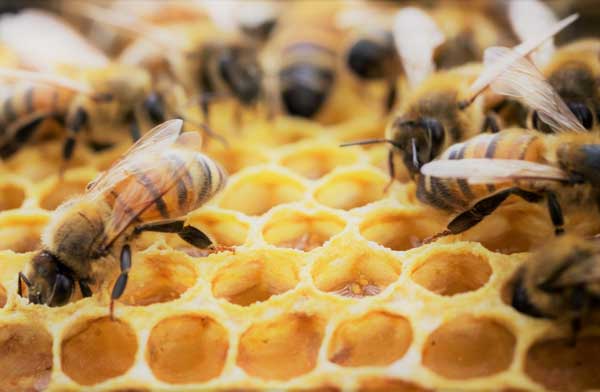
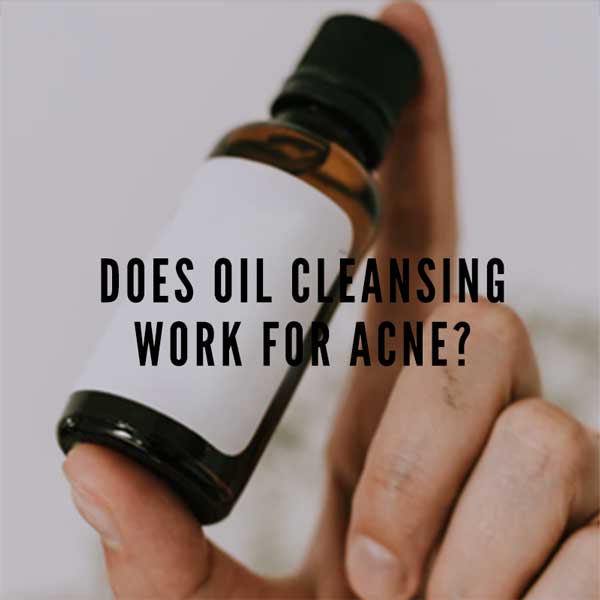
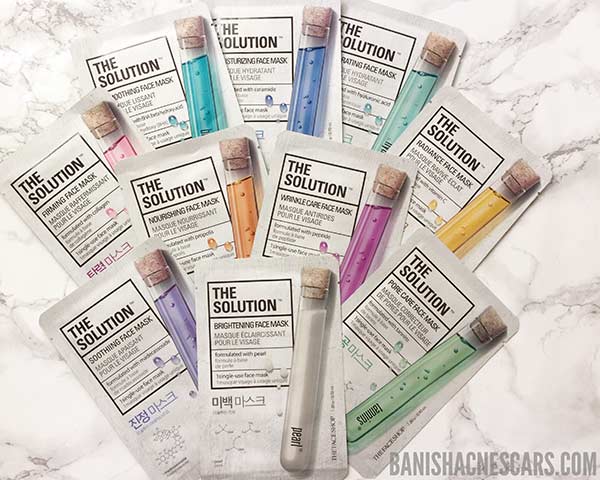




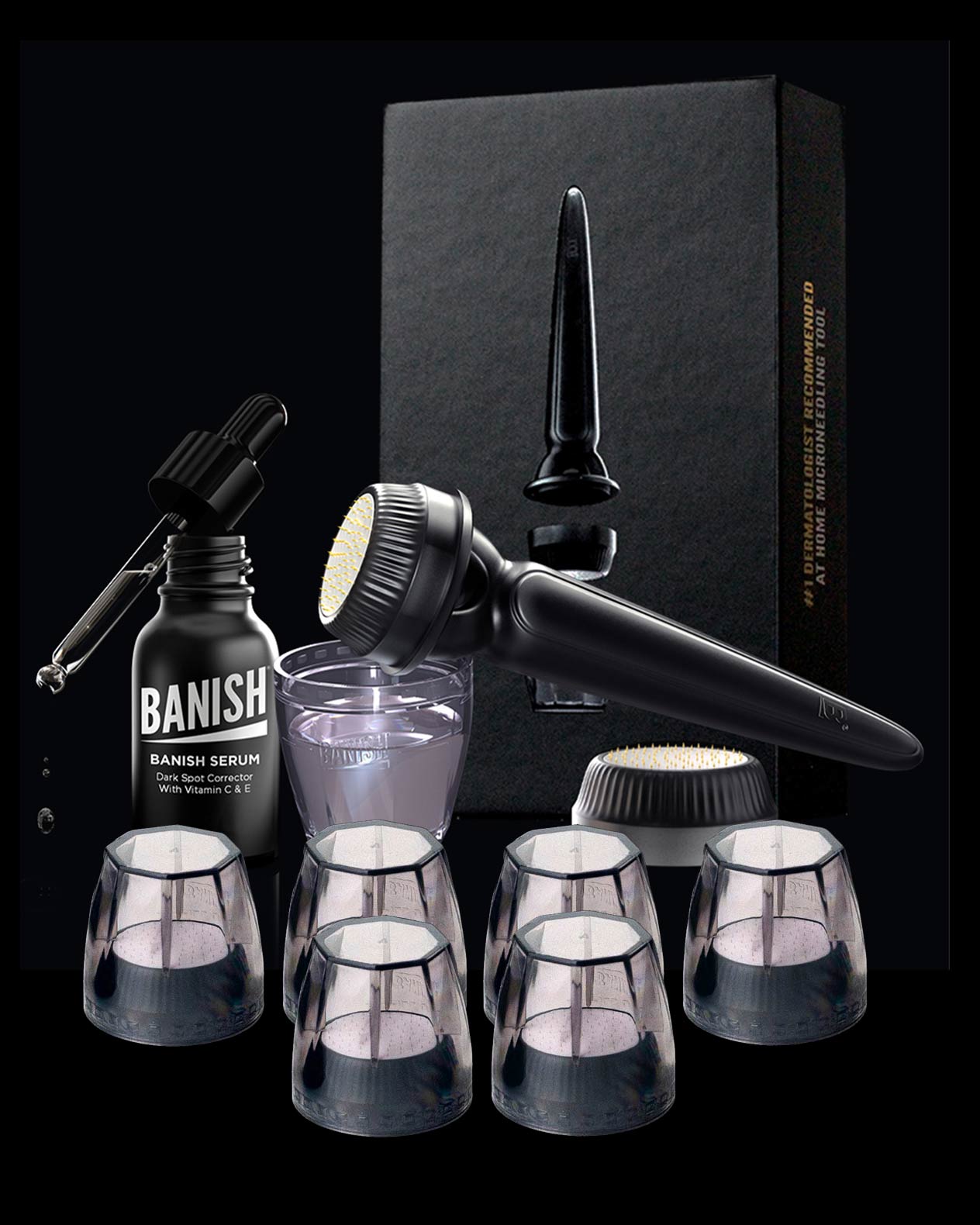
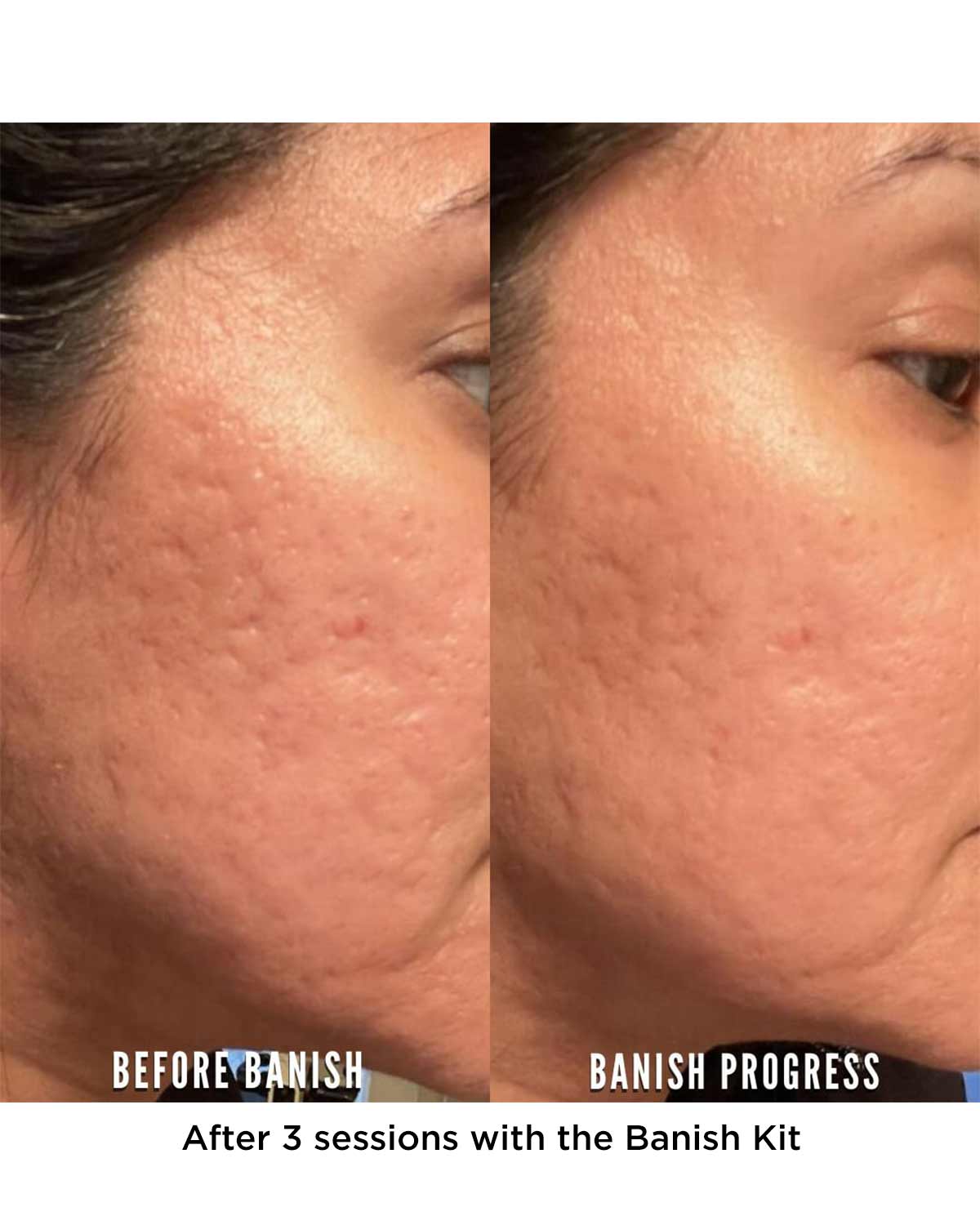
















Leave a comment
All comments are moderated before being published.
This site is protected by hCaptcha and the hCaptcha Privacy Policy and Terms of Service apply.